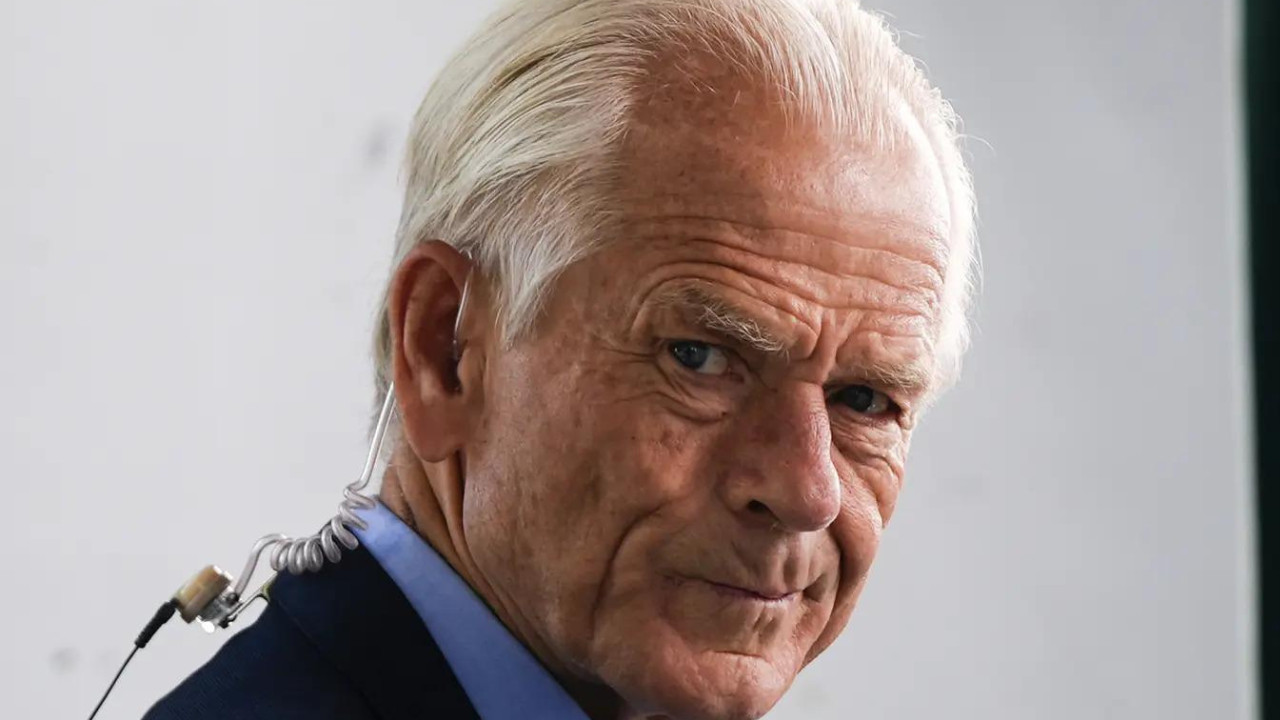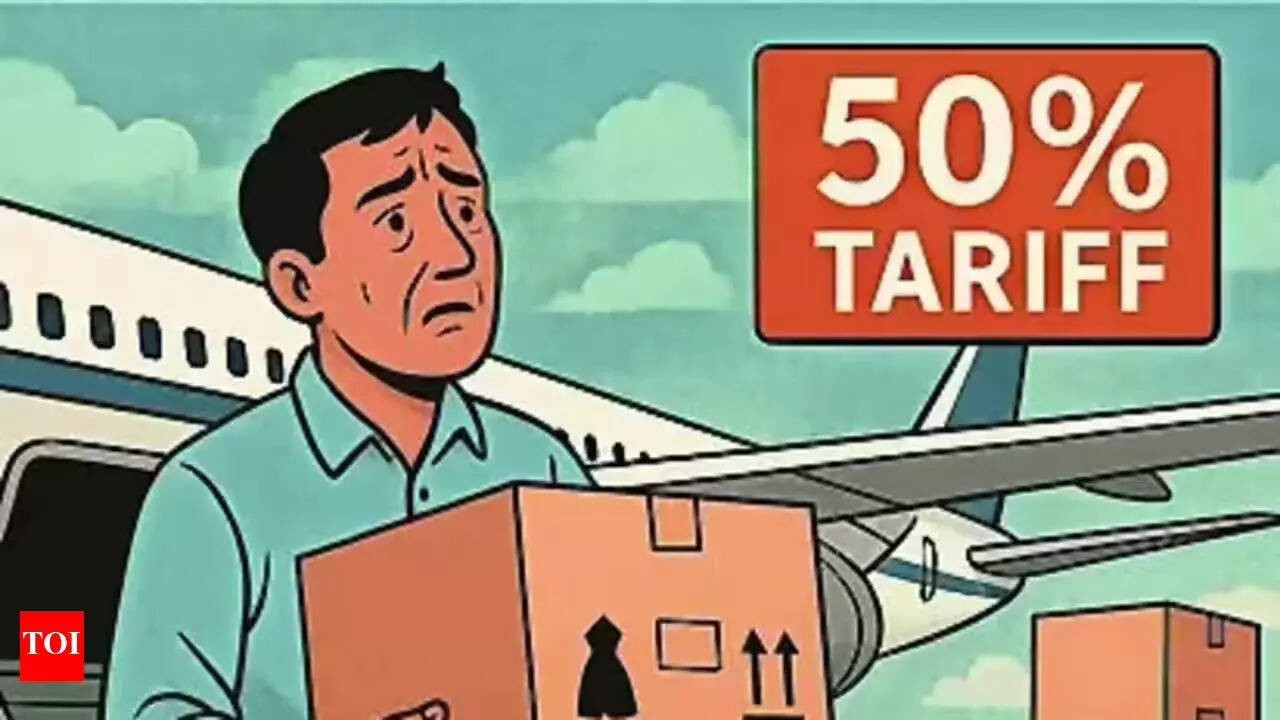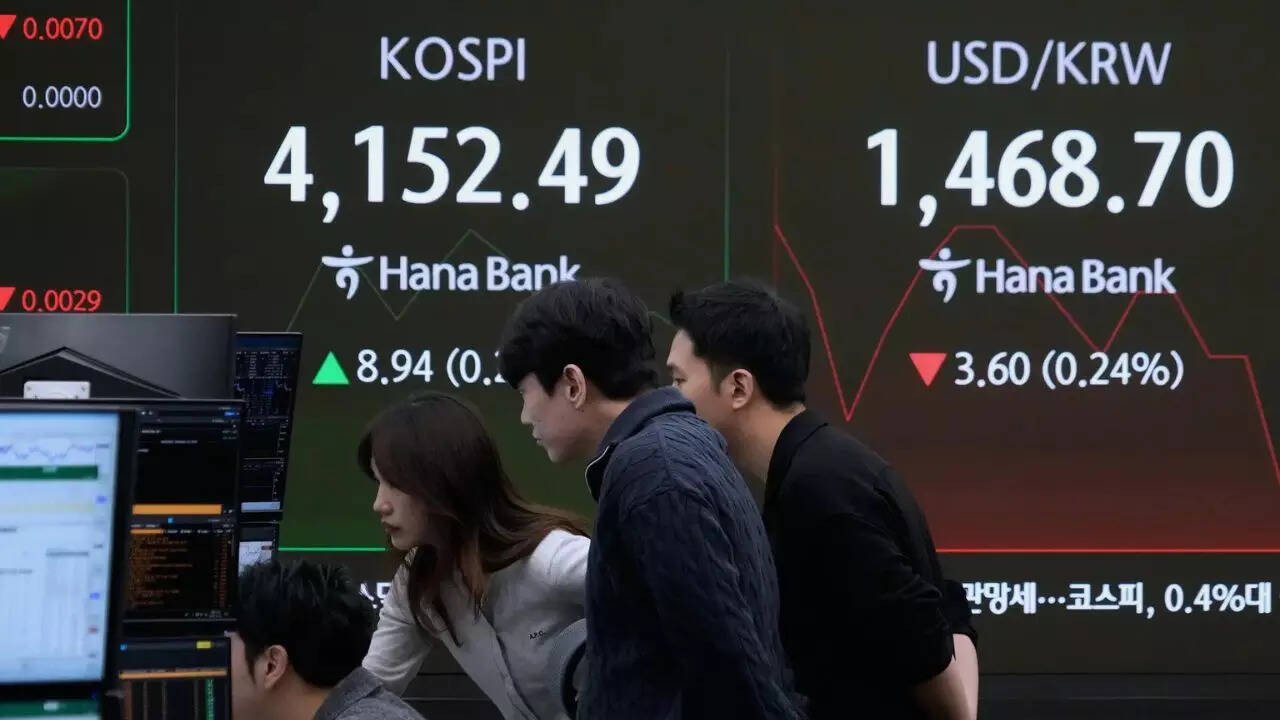Peter Navarro accused India of indirectly funding Russia’s war in Ukraine through discounted oil purchases, alleging that Brahmins are profiting at the expense of the Indian people. He criticized India’s high tariffs, claiming they hurt American workers and taxpayers while indirectly funding the Russian war machine. Navarro also expressed optimism about trade negotiations with China.
The Price of Loyalty: India’s Balancing Act with Russian Oil
The global energy landscape is a constantly shifting chessboard, and India has found itself in a particularly intriguing position. Recently, Washington has raised eyebrows, questioning India’s continued reliance on Russian oil, especially in light of international sanctions aimed at squeezing Moscow’s war chest. But is India truly profiting unduly from this arrangement, or is it navigating a complex geopolitical tightrope walk?
The situation brings several crucial elements into sharp focus: the economic needs of a rapidly growing nation, the delicate dance of international relations, and the ever-present pressure of global energy security. It’s a narrative far more nuanced than simple accusations of profiteering.
The Allure of Discounted Crude: India’s Energy Demands
Let’s face it: cheap oil is tempting, especially when you’re fueling one of the world’s fastest-growing economies. India’s energy demands are immense, and finding affordable sources is paramount. Following the war in Ukraine, Russian crude oil, shunned by many Western nations, became available at a significantly discounted price. For a country striving to lift millions out of poverty and propel economic growth, this opportunity was hard to ignore.
The United States, while understanding India’s energy needs, has voiced concerns about the potential for Russia to use these sales to circumvent sanctions. The core issue, however, isn’t simply about buying Russian oil. It’s about how much India is buying, and whether it’s enabling Russia to continue funding its military operations.

Beyond Black and White: Geopolitics and Strategic Autonomy
India’s relationship with Russia isn’t new. It stretches back decades, encompassing defense, security, and strategic partnerships. Cutting ties abruptly isn’t a realistic option, nor is it necessarily in India’s best interests. The country has consistently maintained a position of strategic autonomy, making decisions based on its own national interests while striving to maintain good relations with multiple global powers.
It’s important to acknowledge that India hasn’t explicitly endorsed Russia’s actions in Ukraine. The country has consistently called for a peaceful resolution through diplomacy and dialogue. This nuanced approach, while sometimes frustrating to its Western partners, reflects India’s commitment to a multi-polar world and its desire to avoid being drawn into a binary “us versus them” scenario.
Refined Realities: Where Does the Oil Really Go?
Another layer of complexity lies in what happens to the Russian crude after it arrives in India. A significant portion is refined and then exported, including to countries that are part of the coalition placing sanctions on Russia. This raises questions about whether India is becoming a conduit for Russian oil to reach markets that would otherwise be closed off.
India maintains that its refineries operate independently and that the refined products are sold on the open market, adhering to international trade regulations. However, the scrutiny continues, and India is under pressure to demonstrate greater transparency in its refining and export practices.
Navigating the Future: India’s Path Forward
India faces a formidable balancing act. It must secure its energy needs, maintain its strategic autonomy, and navigate the increasingly complex geopolitical landscape. Finding alternative energy sources, diversifying its supply chains, and strengthening its relationships with other oil-producing nations are all crucial steps.
Perhaps, the discussions surrounding India’s import of Russian oil highlight a broader need to expedite the transition to renewable energy sources. Investing heavily in solar, wind, and other sustainable technologies would not only reduce India’s reliance on imported oil but also contribute to global efforts to combat climate change. This move would enhance India’s energy security and align it with international sustainability goals.
Ultimately, the story of India and Russian oil is not one of simple profiteering, but a complex tapestry woven with economic necessity, strategic considerations, and the ever-present pressures of a rapidly changing world order. India’s choices in the coming months will be closely watched, and its ability to navigate this challenging situation will have significant implications for global energy markets and international relations. The current situation emphasizes the need for international cooperation and understanding to address global challenges.







